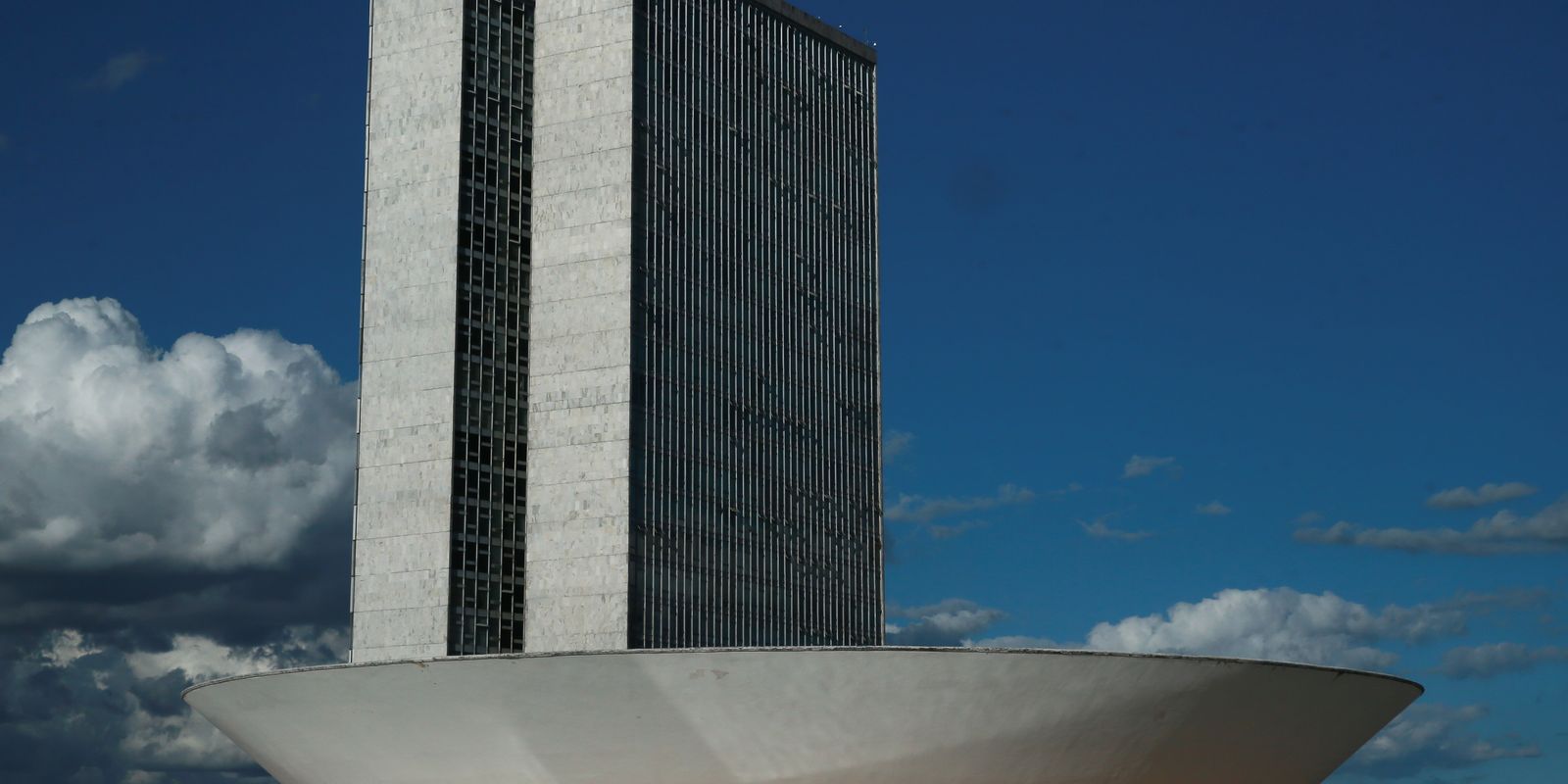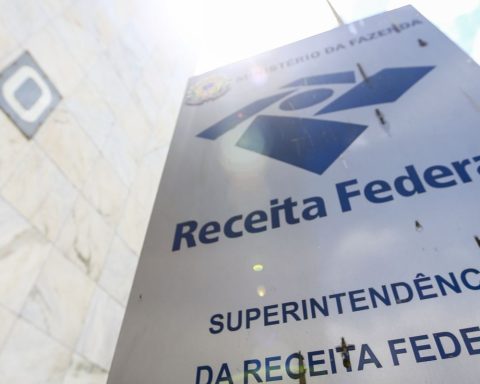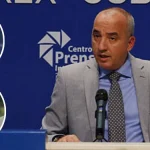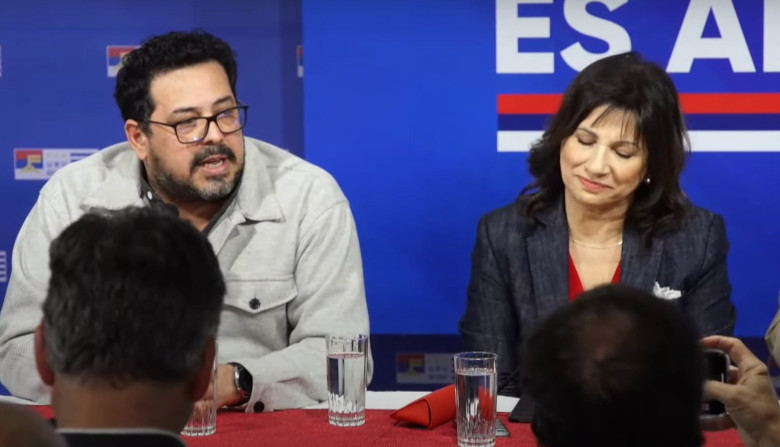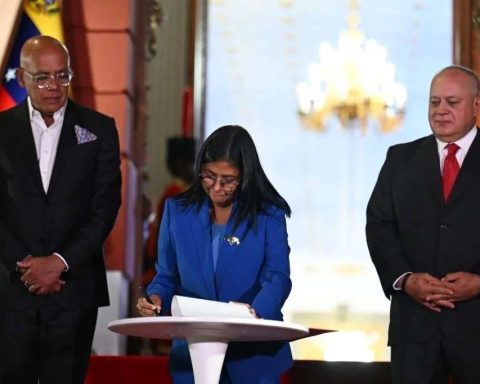The Constitution and Justice Committee (CCJ) of the Chamber of Deputies may vote this Tuesday (10) on the bill that grants amnesty to those involved in acts against the result of the October 2022 presidential election. The CCJ also scheduled four bills for the same day that limit the action of the Supreme Federal Court (STF).
The acts covered by the amnesty project are those that promoted the blocking of roads and camps in front of the barracks that ended on January 8, 2023, when supporters of former president Jair Bolsonaro invaded the headquarters of the Three Powers, in Brasília, calling for the adoption of a military coup in Brazil.
According to article 1 of the bill, “protesters, truck drivers, businesspeople and all those who have participated in demonstrations on national highways, in front of military units or anywhere in the national territory from October 30, 2022 to the date this Law comes into force are granted amnesty”.
The vote takes place three days after an act on Paulista Avenue, in São Paulo, called for amnesty for those involved in the acts against the election and also impeachment by Minister Alexandre de Moraes, of the STFwhich is leading the investigations into the alleged coup attempt after the 2022 election.
The proposed amnesty also covers the financing, organization or support of any nature for coup acts, including comments or publications on social media. The amnesty also covers restrictions imposed by the Electoral or Common Courts as a result of proceedings or inquiries “in any way related to that described in Article 1”.
Justification
The author of the project, deputy major Vitor Hugo (PL/GO), former leader of the Bolsonaro government in the Chamber, justifies that the acts that called for a military coup in the country were legitimate and carried out by citizens who were dissatisfied with the 2022 electoral process.
“The search for a peaceful solution to the controversies arising from this process compels us to present this bill that aims to build bridges so that we can face the challenges of the coming phase with serenity and fearlessness,” explained the parliamentarian.
Federal deputy and member of the CCJ, Orlando Silva (PCdoB/SP), told Agência Brasil that this proposal is a provocation and that opposing parties will obstruct the matter. “Its approval would demonstrate that crime pays and would demonstrate the Chamber of Deputies’ contempt for democracy,” he commented.
In Brazil, it is a crime to attempt to depose – through violence or serious threat – the legitimately constituted government or to impede and restrict the exercise of constitutional powers, as defined by Law 14.197/2021. This legislation also considers it a crime to publicly incite animosity between the Armed Forces and other constitutional powers. The penalties vary and can reach 12 years in prison.
Projects against the STF
After the session scheduled to analyze the amnesty for those involved in January 8, the Chamber’s CCJ will have another session to vote on four bills that limit the actions of the Federal Supreme Court (STF).
The proposals facilitate the impeachment of the ministers of the Supreme Federal Court; limit the Supreme Court’s monocratic decisions; allow parliament to suspend decisions of the Court; and include the “usurpation of competence of the Legislative Branch or the Executive Branch in the list of crimes of responsibility of the STF ministers”.
Critics claim that these bills were put on the agenda in response to the Supreme Court’s action that suspended the payment of parliamentary amendments. The Supreme Court’s action was motivated by the aim of providing greater transparency, efficiency and traceability to public funds handled by deputies and senators. Supporting parliamentarians argue that the bills are necessary to prevent the Supreme Court from encroaching on the powers of the Legislature.
